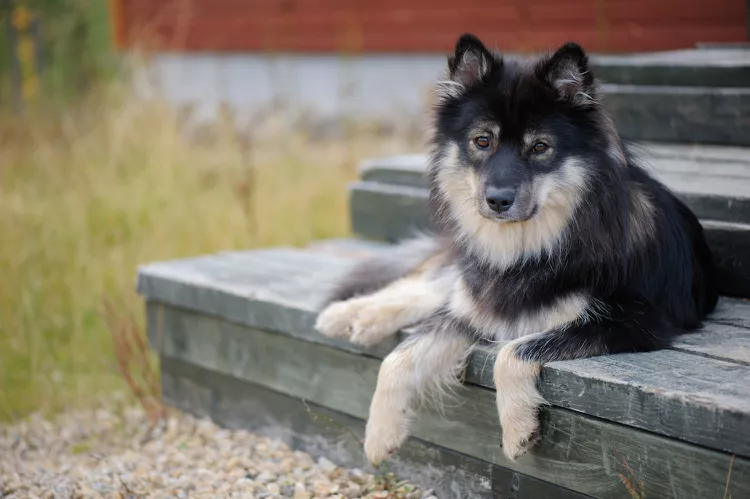
The Finnish Lapphund is a medium-size herding dog breed from Finland that has a thick, medium-length coat, which comes in a variety of colors and markings. The dense coat insulates the Lapphund against extreme temperatures, allowing it to work as a herding dog for reindeer in cold Finnish climates. The breed sports triangular, upright ears and oval eyes, which sometimes feature markings around them that are referred to as “spectacles.” Overall, this is an agile, alert dog that’s capable of quick bursts of speed. It’s also known for being highly affectionate and devoted to its family.
Group: Herding
Height: 16 to 19 inches (female), 18 to 21 inches (male)
Weight: 33 to 53 pounds
Coat: Medium-length double coat
Coat Color: Black, brown, cream, tan, wolf sable, or blonde with a variety of markings
Life Span: 12 to 15 years
Temperament: Friendly, sociable, intelligent
Hypoallergenic: No
Origin: Finland
Finnish Lapphunds generally have a friendly and outgoing temperament. They love their family and can even be good around kids. High intelligence also helps to shape their personality, along with the ability to excel in training.
The Finnish Lapphund got its name from Lapland, a region by the Arctic Circle where its spitz-type ancestors originated centuries ago. People there developed thick-coated dogs that they used first for hunting and then herding reindeer.
These dogs had to be nimble and quick to avoid the hooves and antlers of stubborn reindeer. Today’s Lapphund still has a strong “startle reflex,” meaning it reacts quickly to movements and noises.
It wasn’t until the mid-1900s that a breed standard was developed for the Finnish Lapphund. And the American Kennel Club didn’t recognize it as a breed until 2011. It’s not very common in North America but is still popular in Finland. It even continues to work as a reindeer herder, though not as frequently as it once did.
Finnish Lapphunds prefer to be active with their owners, so plan on some exercise every day. They also need regular grooming, as well as consistent training and socialization.
Plan to spend at least an hour per day exercising your Finnish Lapphund. These dogs aren’t as high energy as many other herding dogs, but they still like to be active. Daily walks, jogging, hiking, and vigorous play sessions all are ideal ways to get out some of their energy. And puzzle toys can provide mental challenges. Finnish Lapphunds also can excel at dog sports, including agility and herding trials.
Brush your Finnish Lapphund’s coat at least weekly to remove loose fur and prevent tangles. Plan on periods of higher shedding often in the spring and fall, during which you’ll have to brush up to daily to keep up with the loose fur. Never shave your dog, as that can harm the coat’s ability to keep the dog warm in cold weather and cool in hot weather.
Finnish Lapphunds don’t typically have an odor. But still plan on a bath every month or so, depending on how dirty your dog gets. Check your dog’s ears at least weekly to see whether they need cleaning. And trim its nails roughly every month. Also, aim to brush its teeth daily.
Start training and socializing your Finnish Lapphund ideally when it’s a puppy. A puppy obedience class can help it learn both basic commands and manners. Plus, aim to expose your puppy to different people, other dogs, and various locations to help boost its comfort and confidence.
Always use positive-reinforcement training methods, such as treats and praise. These dogs are generally smart and learn quickly, as long as training sessions are positive and fun.
You might have to work extra on teaching your dog to be comfortable when left alone. Finnish Lapphunds prefer to be with their humans and might develop separation anxiety when alone for long periods. A professional dog trainer or behaviorist can give you tips to help combat this. But this breed is best for a household where someone is home for most of the day.
Overall, Finnish Lapphunds are a healthy breed, though they are prone to some hereditary health issues, including:
Always make sure fresh water is accessible for your dog. And offer a high-quality canine diet with balanced nutrition, typically via two measured meals per day. Discuss both the amount and the type of food with your vet to ensure that you’re meeting your dog’s individual needs, which can vary by age, activity level, and other factors. Also, be mindful of treats to prevent overeating and excess weight gain.
The Finnish Lapphund is not a very common dog breed in North America, but it’s still worth checking animal shelters and rescue groups for a dog in need of a home. See whether you can get on a breed wait list if possible. For a puppy from a responsible breeder, expect to pay around $1,000 to $2,500 on average.
For further information to help you find a Finnish Lapphund, check out:
Friendly and affectionate
Can be good around children
Typically takes well to training
Doesn't tolerate being alone for long periods
Can be very vocal
Sheds quite a bit
As with any breed, if you’re interested in the Finnish Lapphund be sure to do thorough research before bringing one home. Talk to breed owners, rescue groups, reputable breeders, and vets. Visit with some Finnish Lapphunds too if you can.
If you’re interested in similar breeds, check out:
There’s a whole world of potential dog breeds out there—with a little research, you can find the right one to bring home!
Well-trained and socialized Finnish Lapphunds can be good for families with children. They are typically gentle with kids but should always be supervised around young children.
Finnish Lapphunds do best in a home with a secure yard in which they can run freely. They might be too vocal of a breed for apartment living.
Finnish Lapphunds are relatively rare in North America but not impossible to find. You might have to wait some time and travel a considerable distance to find a dog from a reputable breeder or rescue group.
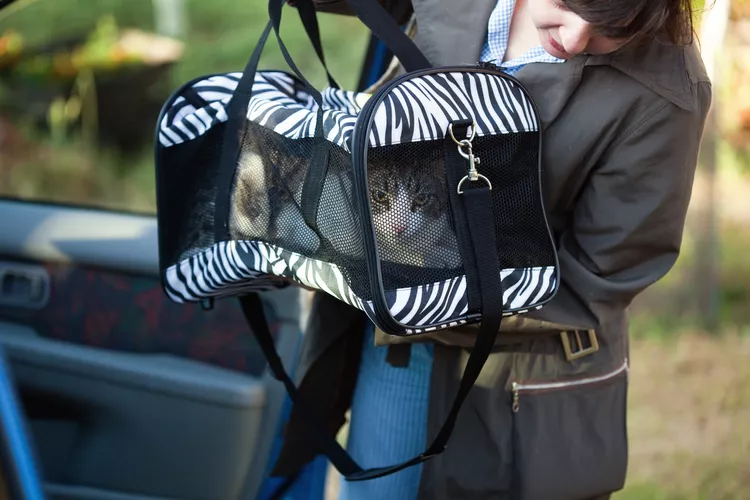
How to Take a Car Trip With Your Cat
Think you can't travel with your cat? Think again! Traveling with your cat just takes a little preparation and planning. Here's how.
How to Determine Your Cat's Age
Determining the age of an adopted cat is just guesswork, but a vet can look at teeth, sexual maturity, fur coat, and eyes to estimate.
Cat Food Ingredients to Avoid
When checking the nutrition content of cat food, look for ingredients that are not healthy or show it is of poor quality. Avoid these 3 ingredients.
What You Need to Know About Homemade Cat Food
If you want to cook for your cat, make sure to read about the risks associated with homemade diets for cats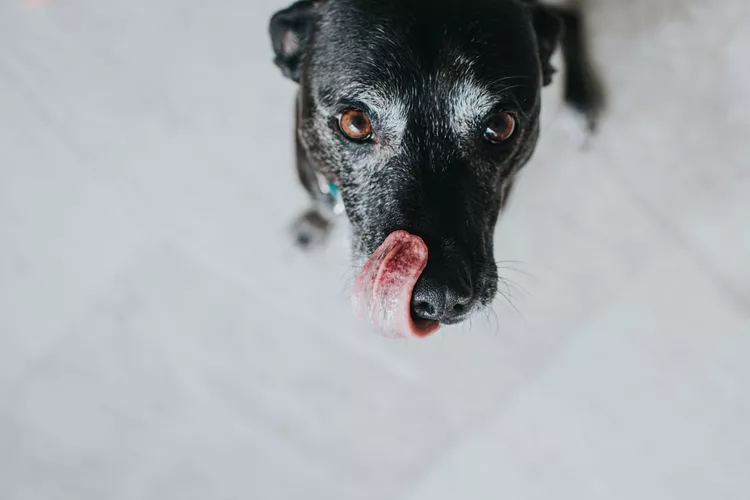
Can Dogs Eat Raw Chicken Feet?
What are the potential health benefits of chicken feet for dogs? What are the risks?
Macadamia Nuts and other Nuts That Are Toxic to Dogs
Find out why macadamia and other nuts are poisonous to dogs, what signs to look for, and what is needed to treat the toxicity.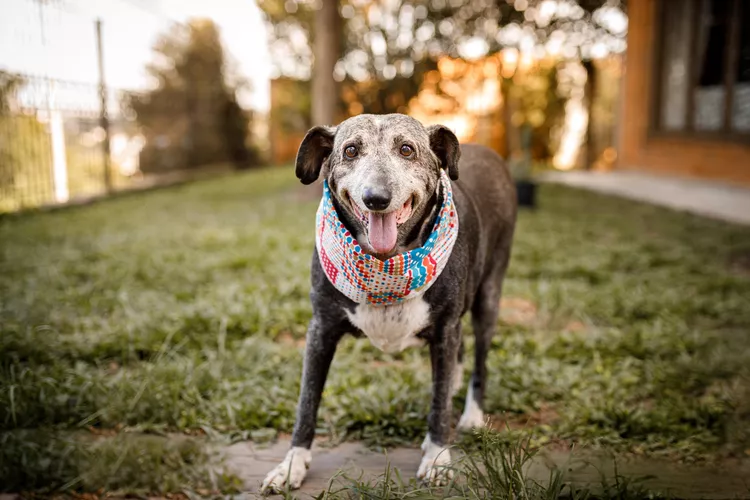
10 Tips for Taking Care of a Senior Dog
Is your dog a senior? Changes to their diet, exercise, and care are required. Here's how to make sure they're living their best and healthiest life.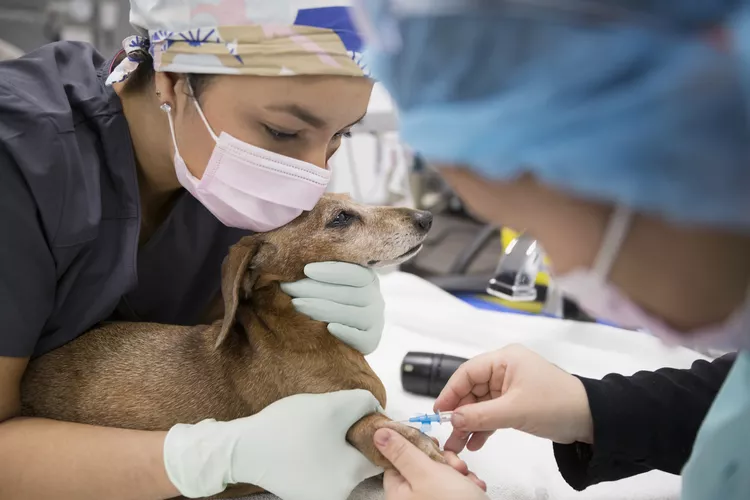
Hookworms in Dogs
Hookworms can make a dog uncomfortable but may also lead to serious blood loss and anemia. Learn the causes, treatment, and prevention.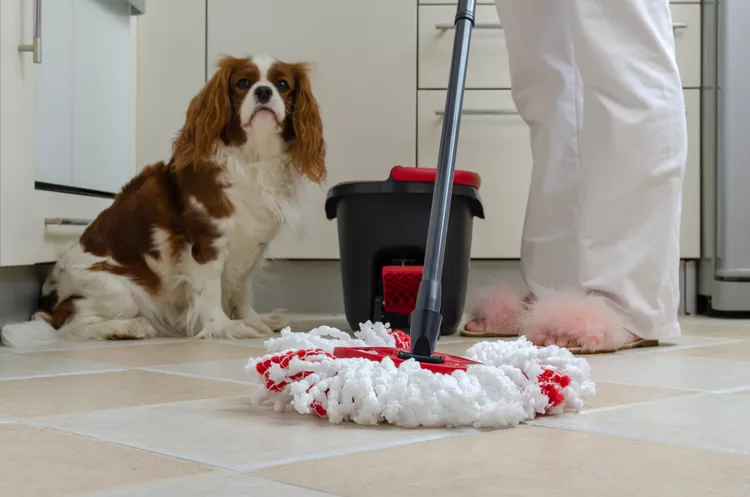
Is Swiffer WetJet Safe to Use Around My Pet?
ASPCA toxicologists deemed Swiffer WetJet to be safe for use around pets, but there are other all-natural floor cleaning options available.
Can Dogs Eat Bread?
Is bread a safe snack for you dog? Are there kinds of bread you should avoid? Learn more about whether it's okay to feed your dog bread.
14 Hypoallergenic Cat Breeds for People With Allergies
There are no true hypoallergenic cat breeds. But some, such as the Siamese and Siberian, might be less likely to cause allergies than others.
Burmilla: Cat Breed Profile, Characteristics & Care
The playful and social burmilla is one of the newest cat breeds to be officially recognized by the CFA. Learn about burmilla breed.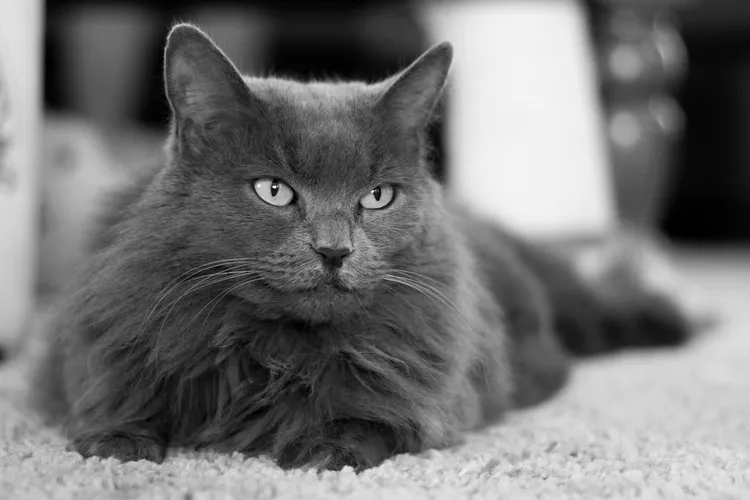
Nebelung: Cat Breed Profile, Characteristics & Care
The Nebelung is a rare breed of domestic cat that’s known for their long gray-blue fur and gorgeous green eyes. Learn about the Nebelung cat breed.
Cymric: Cat Breed Profile, Characteristics & Care
The Cymric, a long-haired Manx, is one of the world's oldest cat breeds. This tailless cat is friendly and playful. Learn about the Cymric breed.
Here's Why Cats Groom Themselves
Learn all about cats' grooming habits: how and why cats groom, including mutual grooming, over-grooming, and displacement grooming!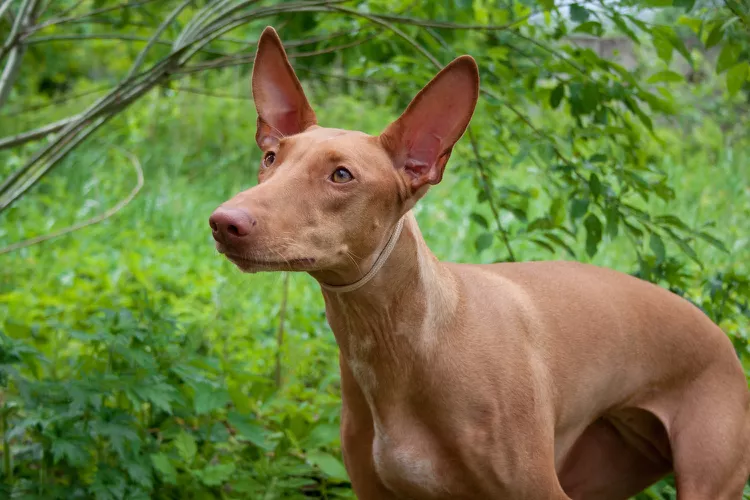
Pharaoh Hound: Dog Breed Characteristics & Care
Learn all about the Pharaoh hound, a sight hound dog breed known for their slim appearance and the ability to blush when excited.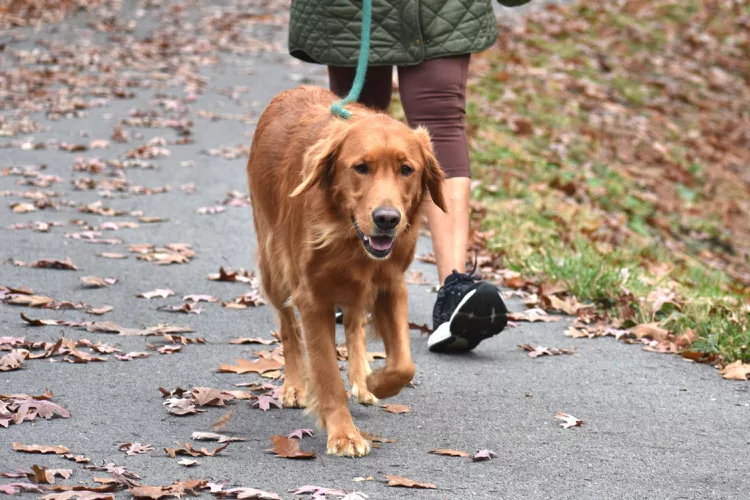
How to Walk Your Dog
Dog walks should be fun for your dog while respecting your community. Learn why walking your dog is important and get essential safety and training tips.
How to Stop Your Dog From Whining
Whining is a natural way for your dog to communicate with you. Explore the reasons dogs whine and how to discourage your dog from whining too much.
How to Stop Your Dog From Barking Excessively
All dogs bark, but excessive barking is a behavior problem. Learn how to help stop excessive barking and prevent it from happening all the time.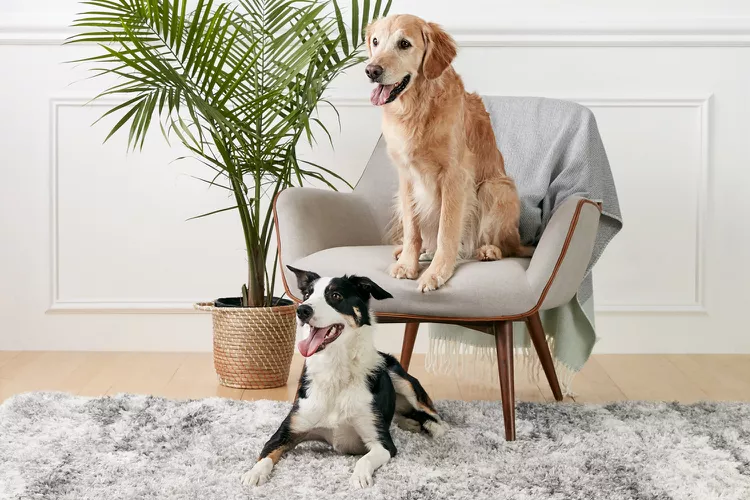
How to Train Your Dog to Live With Another Dog
When you add a second dog to your household, it's natural that there will be an adjustment period. Learn how to get two dogs to become acquainted.